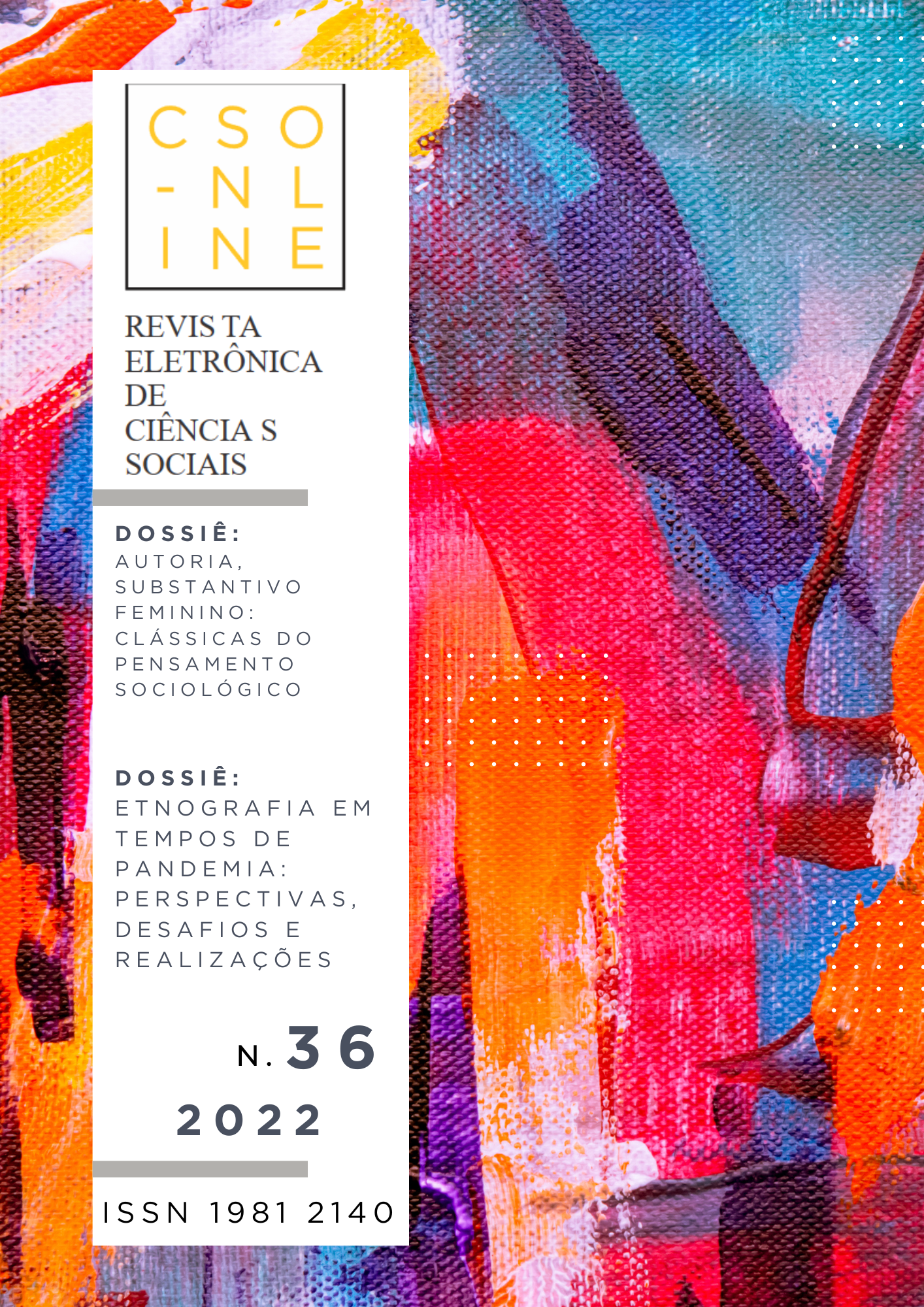Rightful resistance in land reform social movements:
an analysis of the reasons that prevented the Brazilian Landless Rural Workers (MST) from getting radicalized
DOI:
https://doi.org/10.34019/1981-2140.2022.40075Keywords:
Social Movements, Radicalization, Rightful Resistance, Land Reform, Post-Colonial StudiesAbstract
Even though the processes of factionalization and radicalization are identified by the literature on Contentious Politics as mechanisms that often occur during the trajectory of contentious movements, the Brazilian Landless Rural Workers Movement (MST) has conserved its non-violent rightful resistance strategy since its emergence until now. This paper intends to first identify and critically analyze the explanations for this phenomenon provided by the previous literature, and then porpose a hypothesis to complement the previous explanations. Previous studies argue that the characteristic of Brazilian State in terms of democracy and capacity level and the fact that violent measures would alienate potential supporters are the reasons why this movement has consistently adopted a non-violent strategy; and the facts that it is independent from political parties, its identity is based on socioeconomic status, it is organized and cohesive, and it has achieved a certain level of success, the reasons why it has avoided radicalization. This paper criticizes the arguments of previous studies, arguing that autonomy and cohesiveness cannot be empirically observed, and concludes by proposing a hypothesis that highlights the role of the movement’s ideology and culture, especially its focus on libertarian education. The methodology adopted in this paper involves reviewing relevant previous literature in the field of Contentious Politics and Social Movements and more specifically about the MST and collecting secondary data from previous studies and the MST’s website.
Downloads
References
BARTLETT, Jamie; MILLER, Carl. The edge of violence: Towards telling the difference between violent and non-violent radicalization. Terrorism and Political Violence, 24.1, 1-21, 2012.
BRASIL. [Constituição (1988)]. Constituição da República Federativa do Brasil. Brasília, DF: Senado Federal, 2016.
BRANDFORD, Sue; ROCHA, Jan. Cutting the wire: The story of the landless movement in Brazil. Londres: Latin America Bureau, 305, 2002.
CALDEIRA, Rute. ‘My land, your social transformation’: Conflicts within the landless people movement (MST). Rio de Janeiro: Journal of Rural Studies, 24.2: 150-160, 2008
DELLA PORTA, Donatella. Radicalization: A relational perspective. Annual Review of Political Science. 21, 461-474, 2018.
FREIRE, Paulo. Pedagogia do Oprimido. Rio de Janeiro: Paz e Terra, 42, 2005.
GALEANO, E. As veias abertas da América Latina. Tradução de Galeno de Freitas. 39ª ed. Rio de Janeiro: Paz e Terra, 2000. Título original: Las venas abiertas de America Latina. (Coleção Estudos Latino-Americanos, v.12).
GERMANI, Guiomar. Expropriados: terra e água: o conflito de Itaipu. Canoas: Editora da ULBRA, 2003.
HAMMOND, John L. Law and disorder: the Brazilian landless farmworkers' movement. Bulletin of Latin American Research. 18.4, 469-489, 1999.
HAMMOND, John L. Mística, meaning and popular education in the Brazilian Landless Workers Movement. Interface: a journal for and about social movements 6.1, 372-391, 2014.
KAY, C. Why East Asia overtook Latin America: agrarian reform, industrialisation and development. Third world quarterly, 23(6), 1073-1102, 2002.
KROGER, Markus. Promotion of contentious agency as a rewarding movement strategy: evidence from the MST-paper industry conflicts in Brazil. The Journal of Peasant Studies, 38.2, 435-458, 2011.
McADAM, D., TARROW, S.; TILLY, C. To map contentious politics. Mobilization: An International Quarterly, 1(1), 17-34, 1996.
McADAM, Doug; TARROW, Sidney; TILLY, Charles. Dynamics of contention. Cambridge: Cambridge University Press, 2003.
MEEK, David. Learning as territoriality: The political ecology of education in the Brazilian landless workers’ movement. The Journal of Peasant Studies, 42.6, 1179-1200, 2015.
MOVIMENTO DOS TRABALHADORES RURAIS SEM TERRA: Quem Somos – MST. Acesso em 19 Jan, 2023. https://mst.org.br/quem-somos/
O'BRIEN, Kevin J. Rightful resistance. World Politics, 49.1, 31-55, 1996.
PETRAS, James. The political and social basis of regional variation in land occupations in Brazil. The Journal of Peasant Studies 25.4, 124-133, 1998.
SCHOCK, Kurt. Rightful radical resistance: Mass mobilization and land struggles in India and Brazil. Mobilization: An International Quarterly. 20.4, 493-515, 2015.
SCHOCK, Kurt. Land struggles in the global south: Strategic innovations in Brazil and India. Strategies for social change: 221-244, 2012.
TAYLOR, Max. Is terrorism a group phenomenon?. Aggression and Violent Behavior, 15.2, 121-129, 2010.
TEUBAL, M. Agrarian reform and social movements in the age of globalization: Latin America at the dawn of the twenty-first century. Latin American Perspectives, 36(4), 9-20, 2009.
TILLY, Charles; TARROW; Sidney G. Contentious politics. Oxford: Oxford University Press, 2006.
WOLFORD, Wendy. Producing community: the MST and land reform settlements in Brazil. Journal of Agrarian Change 3.4, 500-520, 2003.
Downloads
Published
How to Cite
Issue
Section
License
Copyright (c) 2023 CSOnline - REVISTA ELETRÔNICA DE CIÊNCIAS SOCIAIS

This work is licensed under a Creative Commons Attribution 4.0 International License.
Todos os artigos científicos publicados na CSOnline – Revista Eletrônica de Ciências Sociais estão licenciados sob uma Licença Creative Commons







